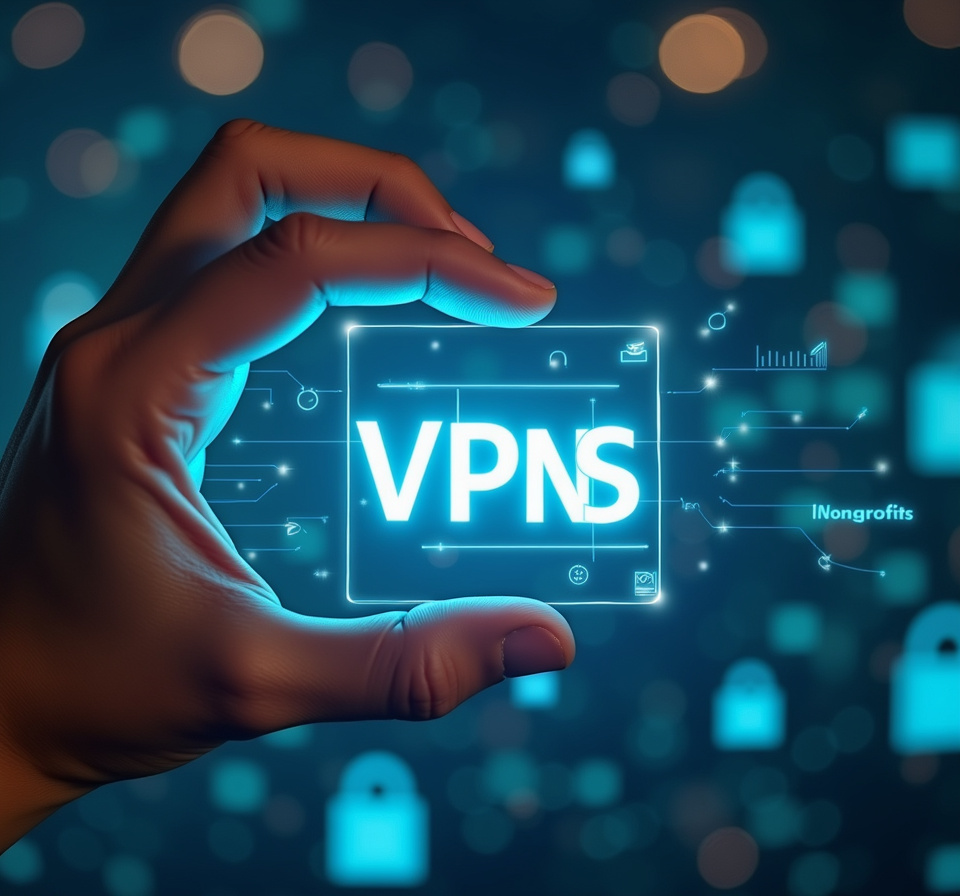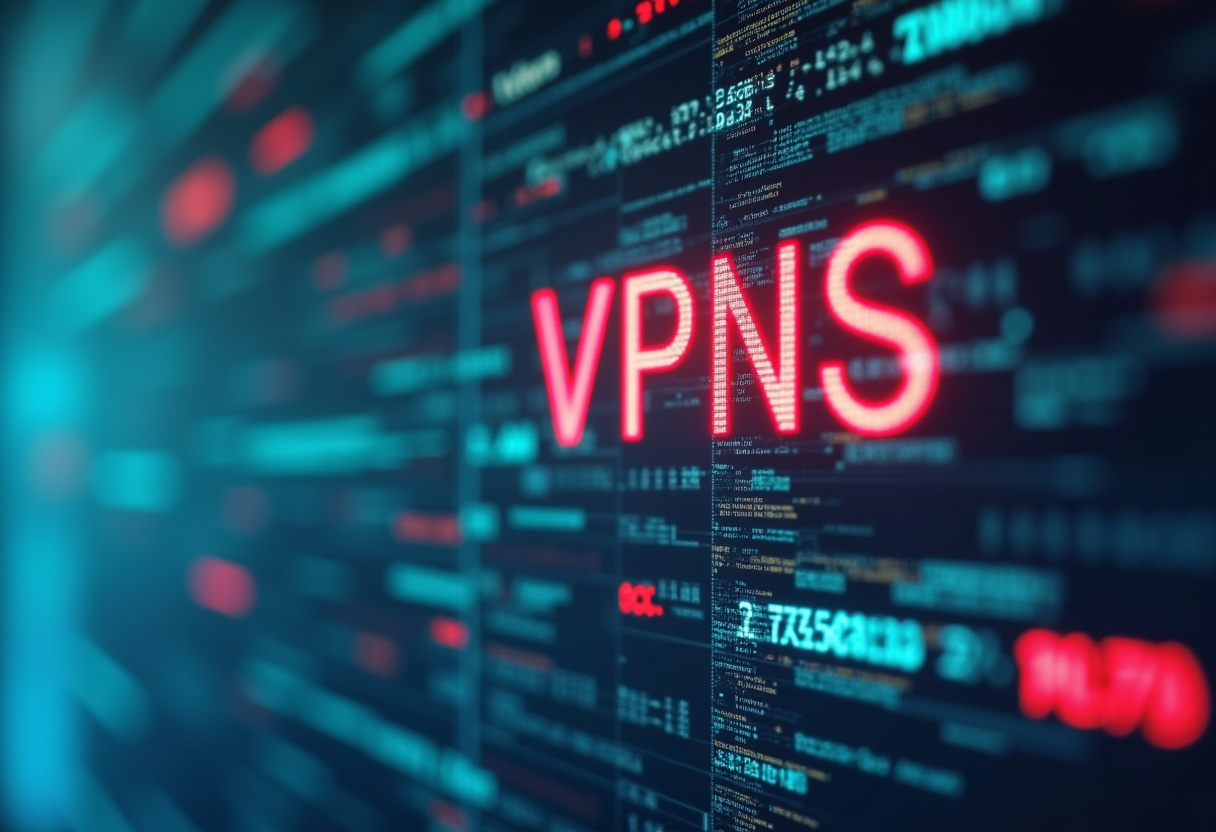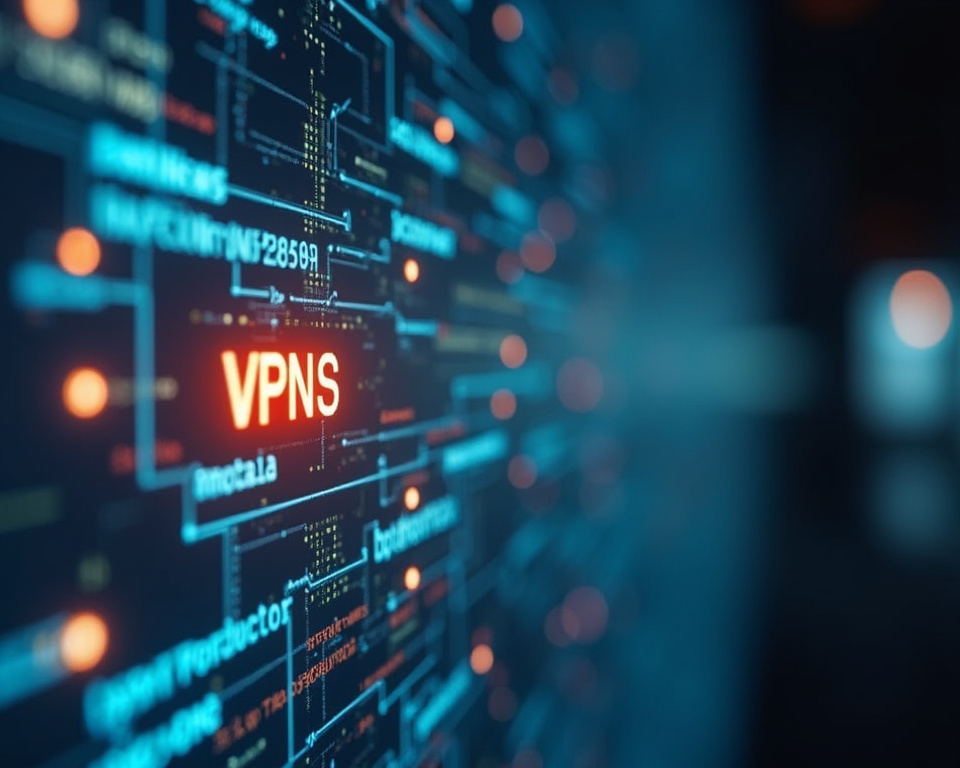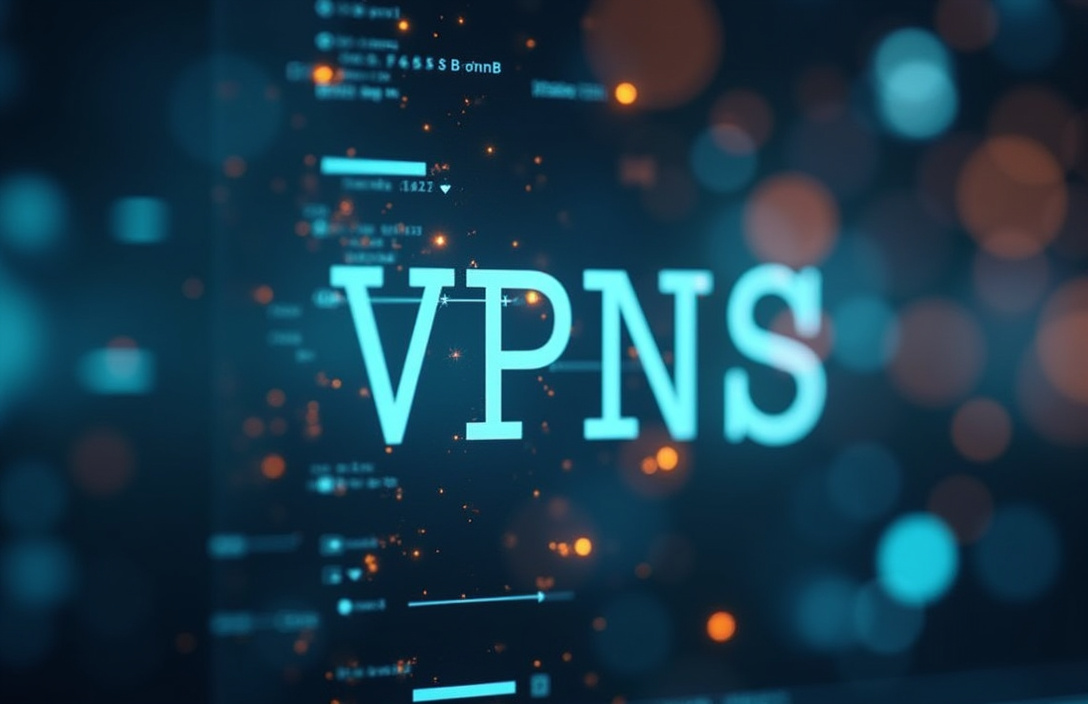VPNs for Subscription News Services: Securing Reader Data
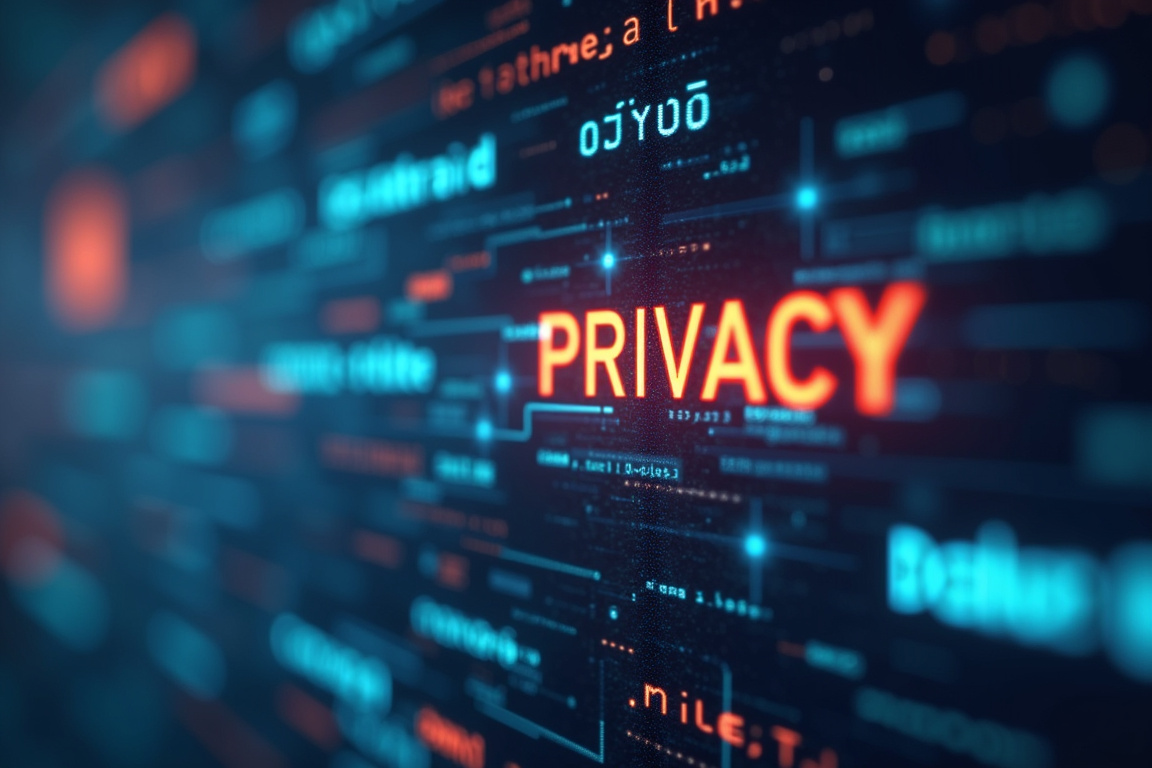
Table of Contents
The Imperative of Data Security and Subscriber Trust
In the rapidly evolving digital landscape, news organizations are increasingly transitioning to subscription-based models to ensure sustainable revenue streams. This shift, while beneficial for long-term financial viability, also introduces significant challenges related to reader data security and privacy. Subscribers entrust news services with their personal information, includingnames, email addresses, payment details, and even reading habits, making it imperative for these organizations to prioritize data protection.
A Virtual Private Network (VPN) can be a cornerstone of a robust security strategy, offering a crucial layer of protection against potential data breaches and privacy violations. This article will explore the vital role of VPNs in safeguarding reader data for subscription news services, delving into the evolving threat landscape, the importance of subscriber trust, and practical strategies for implementing VPN solutions to bolster security and enhance the overall user experience. Protecting reader data goes beyond mere compliance; it is fundamental to maintaining the credibility and trust that news organizations depend upon.
In an era where data breaches are commonplace and privacy concerns are heightened, subscribers are more discerning than ever about who they entrust with their information. A news service that demonstrates a proactive commitment to data security is more likely to attract and retain subscribers, fostering long-term loyalty and building a strong reputation. The consequences of a data breach can be devastating, ranging from financial losses and legal liabilities to irreparable damage to the organization's reputation.
The rise in sophisticated cyberattacks, including ransomware, phishing scams, and distributed denial-of-service (DDoS) attacks, presents a constant threat to news organizations and their subscribers. VPNs provide a critical defense against these threats by encrypting data, masking IP addresses, and creating secure tunnels for online communication. Enhancing the security infrastructure helps news organizations secure sensitive data and meet regulatory requirements.
GDPR, CCPA, and other data privacy laws are now standard operating procedure, and the penalties for violations can be substantial. By implementing a VPN, news services can demonstrate their commitment to complying with these regulations and protecting the privacy rights of their subscribers. This proactive approach not only minimizes legal risks but also enhances subscriber trust and confidence.
Furthermore, in an environment fraught with misinformation and distrust, fostering subscriber trust becomes increasingly critical. When a news service demonstrates a commitment to data security and privacy, it sends a clear message to its subscribers that their information is valued and protected. This builds trust and encourages subscribers to engage more actively with the organization's content.
In turn, this increased engagement translates into greater loyalty and a stronger sense of community. For international news organizations specifically, VPNs offer an effective way to bypass censorship and provide access to information in regions where internet access is restricted or heavily monitored. Access to unbiased and accurate news is a fundamental human right, and VPNs play a critical role in enabling this right.
Providing secure and uncensored access to information enhances an organization's reputation as a reliable source of news, thereby increasing the value for their subscribers. Therefore, by exploring the benefits, challenges, and implementation strategies associated with VPNs, this article aims to empower news organizations to secure reader data, protect their subscribers' privacy, and build subscriber trust in an increasingly digital world.
subscriber trust
The core function of a VPN is to create a secure, encrypted connection between a user’s device and the internet, shielding their data from potential eavesdroppers. When a subscriber connects to a news service through a VPN, their internet traffic is routed through a VPN server, masking their IP address and encrypting their data, making it much more difficult for malicious actors to intercept sensitive information. This is particularly valuable when subscribers are accessing news content over public Wi-Fi networks, which are notoriously insecure and often targeted by hackers.
By encrypting the data, a VPN effectively locks it away from prying eyes, providing a safe conduit for communication between the subscriber and the news service. In addition to securing the connection, a VPN can also help news organizations circumvent censorship and access geographically restricted content. This is particularly important for international news outlets and journalists operating in regions where internet access is heavily regulated or controlled by authorities.
By connecting to a VPN server in a different location, news organizations can bypass these restrictions and ensure that their content remains accessible to readers around the world. This helps maintain the free flow of information and provides a vital service to those who rely on accurate and unbiased news reporting. The use of a VPN further allows news organizations to protect their intellectual property and maintain control over their content.
By encrypting their data and masking their IP addresses, they can make it more difficult for unauthorized parties to copy, distribute, or tamper with their news content. This is particularly important in an era of widespread digital piracy and copyright infringement. Protecting their intellectual property allows news organizations to maintain the integrity of their brand and protect their revenue streams.
For subscribers, the ability to maintain privacy and security is a key driver of subscriber trust. By offering VPN access, news organizations demonstrate their commitment to safeguarding reader data and respecting privacy. This cultivates a stronger sense of trust, leading to greater subscriber trust and a reduced churn rate.
Subscribers are more likely to remain loyal to a news organization that prioritizes their security and privacy and are less likely to cancel their subscriptions due to concerns about data breaches or privacy violations. The implementation of a VPN further strengthens the overall security infrastructure of the news organization. It's a strategic investment that protects both subscriber data and the organization's reputation, providing a robust approach to safeguarding digital assets and improving subscriber retention.
VPNs address these challenges by offering a multi-faceted approach to data security. Encryption is a critical component, converting readable data into an unreadable format, rendering it useless to unauthorized individuals. By employing strong encryption protocols such as AES-256, VPNs ensure that even if data is intercepted, it remains indecipherable.
This protects sensitive information such as login credentials, payment details, and browsing history. IP masking is another vital function of VPNs, concealing user's actual IP addresses and replacing them with the IP address of the VPN server. This not only enhances anonymity but also makes it much harder for attackers to track user activity or identify their location.
Circumventing geographic restrictions becomes an added advantage, giving subscribers access to news content that might be blocked or unavailable in their region. This is particularly valuable for international news services seeking to reach a global audience. By offering VPN access, news organizations can empower their subscribers to overcome censorship and access information freely.
Offering complimentary VPN subscription or tightly integrating VPN access within the news subscription package provides a very marketable differentiator that can greatly boost and increase sales and revenue. It makes a clear statement that the news organization has and as a top priority, and also provides immediate tangible value that is useful for the subscriber even outside of accessing the news service, for example when using public WiFi networks, thus widening the value proposition of the news service. Therefore, beyond mere security, incorporating VPNs represents a strategic decision that elevates engagement, safeguards digital assets, and reinforces a commitment to both the security and freedom of information, building a trustworthy and loyal consumer base for media outlets that value .
subscription VPN
When choosing a VPN for news subscription services, it is crucial to prioritize security, privacy, and performance. The strength of the encryption protocols used by the VPN is paramount. Seek out VPNs that use robust, up-to-date encryption standards such as AES-256.
These standards provide a high level of security, making it extremely difficult for hackers to break the encryption and access the data. The logging policies of the VPN provider are also critical. A "no-logs" VPN ensures that the provider does not collect or store any data about user activity, including browsing history, IP addresses, and connection timestamps.
This is essential for maintaining subscriber privacy and protecting their anonymity. Choose VPN providers that have a proven track record of upholding their no-logs policies, as verified by independent audits and third-party reviews. The server network of the VPN is another crucial factor.
A VPN with servers located in multiple regions provides greater flexibility and performance. Subscribers can connect to a server in their preferred location to access geographically restricted content or improve their connection speed. A wide server network also allows for better load balancing, ensuring that users can connect to a server with minimal latency and congestion.
The speed and reliability of the VPN are also important considerations. It’s essential that the VPN does not significantly slow down the user’s internet connection. Choose VPN providers that have optimized their networks for speed and performance, ensuring that subscribers can enjoy a seamless browsing experience.
The VPN should offer fast connection speeds and minimal downtime to ensure a smooth and uninterrupted reading experience. Evaluating the VPN provider’s security track record and reputation is also essential. Research the provider's history of data breaches, security incidents, and privacy violations.
Choose providers with a strong reputation for security and a proven commitment to protecting user data. Look for providers who are transparent about their security practices and willing to undergo independent security audits. Customer support is another important aspect to consider.
Choose a VPN provider that offers responsive and helpful customer support. Subscribers may encounter technical issues or have questions about using the VPN, and it’s important to have access to reliable support to resolve these issues quickly and effectively. VPNs that provide 24/7 customer support through multiple channels, such as email, chat, and phone, are ideal.
Integrating a news with existing systems must be done carefully to prevent data leaks and ensure compatibility. This requires close collaboration between IT and cybersecurity teams, as well as thorough testing and validation. Before implementing a VPN, assess existing security infrastructure to determine which systems need additional layers of security.
Integrate the VPN seamlessly with existing systems to ensure that all data is protected. Implementing must be handled within the framework of applicable data protection regulations, such as GDPR and CCPA. This requires news organizations to implement a security policy that not only complies with these regulations but also informs customers how their data is protected.
Regular evaluation of security protocols and systems should be standard procedure since, as we have seen, the digital threat scenario is dynamic. Review VPN options periodically and update them as needed to reflect new security challenges. Performing regular penetration testing and vulnerability assessments can help identify problems before they become serious and ensure continuous improvement in security procedures.
Continuous investment in security infrastructure and tools helps to ensure that the news organization remains protected against evolving threats.
reader data security
Beyond the technical aspects, securing through VPNs also necessitates a strong organizational culture that prioritizes data protection and . This starts with training employees on data security best practices and ensuring that they understand their roles and responsibilities in protecting subscriber data. Regular security awareness training can help employees identify phishing scams, avoid malware infections, and follow secure data handling procedures.
A well-defined incident response plan is also crucial. This plan should outline the steps to take in the event of a data breach, including containment, eradication, and recovery. The plan should also include procedures for notifying affected subscribers and regulatory authorities, as required by law.
Regular testing and updating of the incident response plan can help ensure that the organization is prepared to respond effectively to a data security incident. Clear and transparent communication with subscribers is essential for building and maintaining trust. News organizations should clearly explain their data security practices and policies in their privacy policies and terms of service.
They should also be transparent about any data breaches or security incidents that occur, and they should promptly notify affected subscribers and provide them with information about how to protect themselves. Building and maintaining requires a long-term commitment to data security and privacy. This includes investing in ongoing security improvements, staying up-to-date on the latest threats and vulnerabilities, and fostering a culture of security throughout the organization.
A proactive and transparent approach to data security can help news organizations build stronger relationships with their subscribers and maintain their trust. Furthermore, news organizations should consider offering subscribers the option to use their own VPNs. This allows subscribers to choose a VPN provider that they trust and to control their own data security.
Providing instructions on how to use a VPN and offering support for VPN-related issues can further enhance subscriber satisfaction. For news organizations with a global reach, it’s important to consider the different data privacy laws and regulations in different countries. GDPR, CCPA, and other data privacy laws impose different requirements on how organizations collect, use, and protect personal data.
News organizations should ensure that their data security practices comply with all applicable laws and regulations. This may require implementing different security measures for different regions or obtaining consent from subscribers before collecting or using their data. Monitoring and logging network activity and user actions can help detect and respond to security incidents.
Implementing a Security Information and Event Management (SIEM) system can provide real-time visibility into security events and help identify suspicious activity. Implementing a strong authentication system is also vital, like the use of multi-factor authentication (MFA) to prevent unauthorized access to subscriber accounts. By requiring users to provide two or more forms of verification, MFA makes it much more difficult for attackers to gain access to accounts, even if they have obtained usernames and passwords.
Regularly backing up data is also very important, in a separate, secure location that's easily accessible. Maintaining a comprehensive and tested backup routine allows for efficient recovery in cases of data loss after an incident, keeping downtime at minimum by quickly restoring services. Moreover, it requires news organizations to actively engage and collaborate with cybersecurity specialists to keep up with the evolving threat landscape.
Cybersecurity is a field with rapid advancements and regular new discoveries of breaches that can be prevented, so ongoing collaboration can guarantee that precautions implemented are the best ones to protect crucial data. Implementing a comprehensive approach to data security requires significant investment, but the benefits far outweigh the costs. By protecting subscriber data, news organizations can build stronger relationships with their subscribers, enhance their reputation, and comply with data privacy laws.
By implementing a holistic security strategy, news organizations show their dedication to safeguarding privacy, which enhances user loyalty and promotes their long-term position in the sector.
reader data security
In conclusion, VPNs are an indispensable tool for news subscription services seeking to fortify , foster , and safeguard their business operations in an increasingly digital and perilous environment. By creating secure connections, encrypting data, and masking IP addresses, VPNs provide a robust defense against a wide range of cyber threats, including data breaches, phishing scams, and censorship attempts. However, implementing a VPN is not a silver bullet.
It requires a comprehensive and multi-layered approach that includes selecting the right VPN provider, establishing strong security policies, training employees on data security best practices, and communicating transparently with subscribers. A "no-logs" VPN is crucial; the chosen provider must offer robust encryption standards such as AES-256, and a wide server network to maximize speed and reliability. A commitment to data protection needs to be ingrained deeply into the organizational culture, with regular training, transparent accountability practices, and thorough communication with stakeholders on any and all security policies and updates to these policies whenever the cybersecurity landscape shifts.
As the threat scenario is constantly evolving, news organizations must be aware of the latest risks; actively monitoring for threats and adapting to emerging challenges will keep them and their community of readers secure, solidifying reputation as a source of information. To maintain the integrity of digital assets, performing regular penetration testing and vulnerability assessments should be standard procedure to identify possible gaps in the digital perimeter; this should not only strengthen the organization’s posture against bad actors, but also demonstrate a dedication to protecting its assets. By communicating openly and honestly with their subscribers, news organizations can reinforce their trustworthiness and promote long-term relationships and loyalty.
Regular policy updates, proactive notifications regarding potential threats, and immediate notification of possible data breaches will greatly reduce client churn and maintain confidence. Ultimately, investing in VPNs and a robust security infrastructure delivers important strategic value to news organizations. Not only do they mitigate cybersecurity dangers, but enable greater access to news content throughout the globe while simultaneously meeting data compliance laws like GDPR and CCPA.
The result is stronger relationship with subscribers, enhanced subscriber trust, and a well-defended reputation as an advocate for and , solidifying their position amid the increasingly competitive realm of . News organizations must recognize that and data security are not just add-ons, but core components of their business model. By prioritizing these elements, news organizations not only protect themselves, but moreover add real value into the experience of using the service, making the value proposition considerably stronger, generating long term profits through more robust consumer loyalty in the digital landscape.
Embracing VPNs and adopting comprehensive safeguards are essential levers that media outlets can utilize to fortify digital security against threats, cementing their sustainability.
Stay Updated
Get the latest VPN news, tips, and exclusive deals to your inbox.
